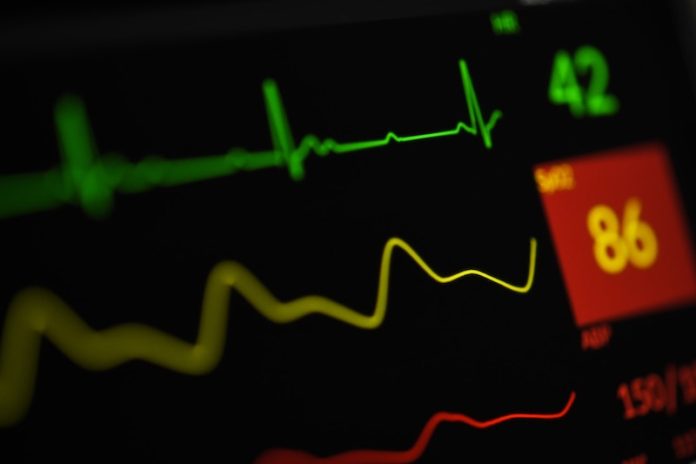
A novel deep learning application has been developed to provide an automated screening method for Left Ventricular (LV) systolic dysfunction, a condition that significantly reduces heart pumping capacity and is associated with increased hospitalizations and a twofold risk of premature death.
Although preventable with early detection and medication, diagnosing the disease before the onset of symptoms has been a significant challenge.
The AI Application
To combat this issue, Dr. Rohan Khera and his team from the Cardiovascular Data Science Lab (CarDS) developed an AI-based electrocardiogram (ECG) interpretation intended for global use.
Their research was published in the journal Circulation on July 25.
While cardiologists cannot identify LV dysfunction without an echocardiogram or MRI scan, this AI application can screen for the disorder using ECGs, the most widely used cardiovascular diagnostic test worldwide.
The team incorporated nearly 400,000 ECGs along with data on heart dysfunction from imaging tests into the algorithm.
The AI model was tested across different formats using data from several U.S. clinics and hospitals, as well as a large community cohort in Brazil.
Implications and Future Directions
Khera said, “We demonstrate that a simple photo or scanned image of a 12-lead ECG can provide key insights on cardiac structure and function disorders.”
With this, they hope to bring a globally applicable screening tool for disorders that affect up to one in 20 adults.
“Their diagnosis is frequently delayed as advanced testing is either unavailable or only reserved for those with symptomatic disease.
Now we can identify these patients with a simple web-based or smartphone application,” said Khera. A version of the application accompanies the paper, hosted by the CarDS Lab for demonstration.
Veer Sangha, the study’s first author, describes the AI as a “super-reader” of ECG images, identifying signatures of LV systolic dysfunction, which are challenging to accurately decipher with the human eye.
According to Khera, their AI tool allows early diagnosis and treatment and identifies those at future risk of developing LV dysfunction.
This development aligns with their continuous efforts to make AI-driven advanced ECG inference accessible.
If you care about heart health, please read studies about the best time to take vitamins to prevent heart disease and calcium supplements could harm your heart health.
For more information about nutrition, please see recent studies that magnets in common popular devices could harm your heart health, and results showing Vitamin K2 could help reduce heart disease risk.
The study was published in Circulation.
Follow us on Twitter for more articles about this topic.
Copyright © 2023 Knowridge Science Report. All rights reserved.



